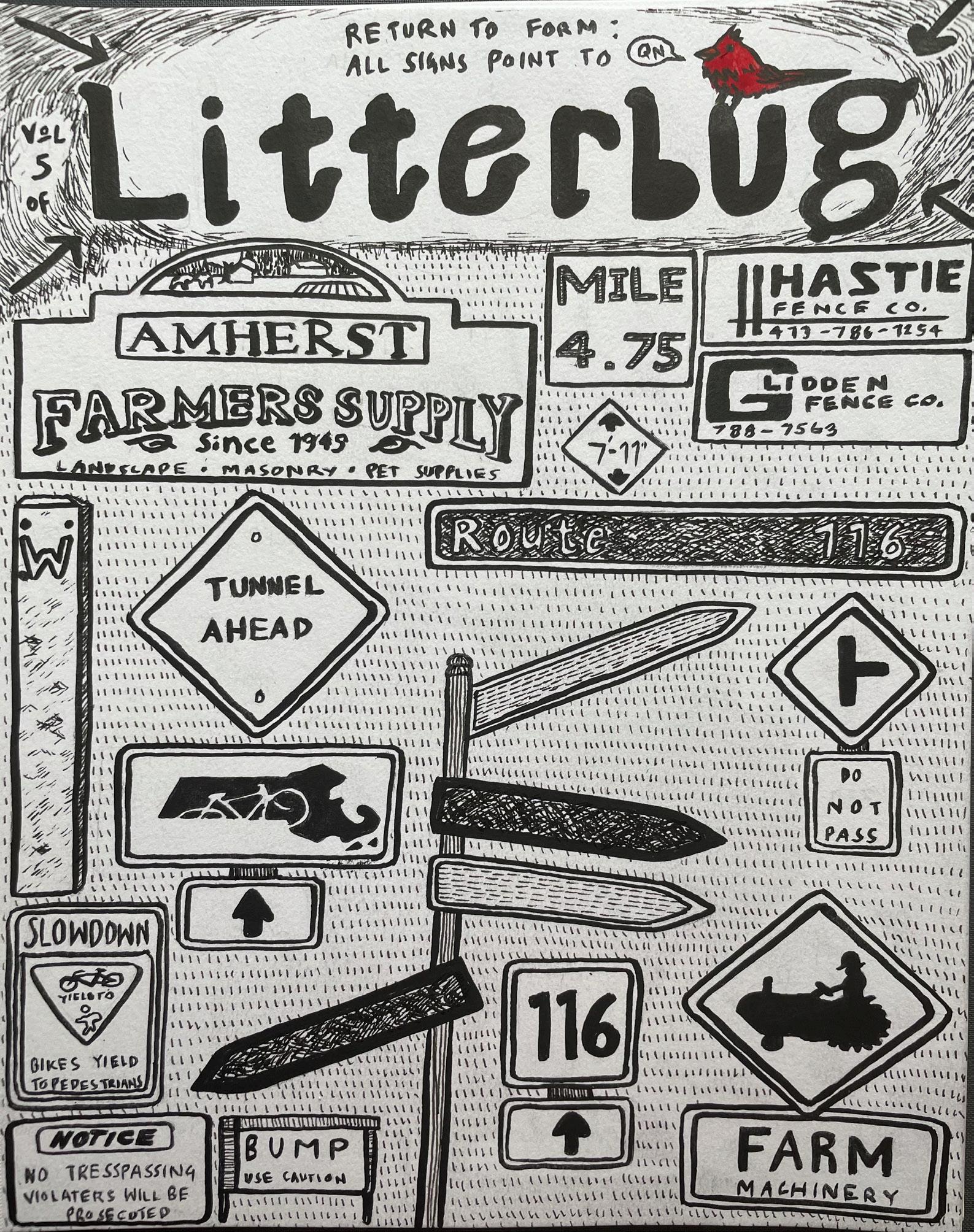
2 minute read
Undeclared Students Learn About Academic Programs
Continued from page 1 tors used faculty and departmental coordinators as a go-between. “Advertising, both to volunteers and visitors, was a challenge that loomed over us during the entire planning period because we wanted to entice people to spend two hours talking about their major,” Han said.
Effective communication with and among the student body has been a concern for this project — and the Senate more broadly, leading to the advent of the Public Relations Committee earlier this semester.
Advertisement
When asked how the major fair fits into her senatorial platform, Han said, “one of my broader policy concerns is an increase in peer-topeer interaction on campus.” Kim echoed her, writing, “I want there to be more easily-accessible areas where the whole student body is brought together to share information and thoughts.”
When she came up with the idea for a major fair (with the help
Managing Arts & Living Editor and roommate Noor Rahman ’25) Kim saw it as a natural complement to the Get-Involved Fair — the latter counseled new students in their extracurricular pursuits; the Major Fair would give students an “idea of what it’s like to venture down [different academic] paths.”
While Han acknowledged that students can always consult faculty members, she emphasized that “it’s a little daunting to cold-email a professor to ask about the department and major.” The fair, by contrast, was meant to be a much more “low-pressure” environment.
Chemistry major Zoe Jonas ’25 represented the department at the fair and echoed Han’s vision for the event. “The most important part of the major fair for the campus community is the ability to … ask questions you’re not comfortable asking a professor,” she said. Jonas mentioned the experience of demystifying “lists upon lists of [major] requirements” for attendees, as an example.
Jonas and English department representative Jordan Trice ’24 also valued the opportunity to share their excitement about their majors with their peers. For Trice, it wasn’t difficult to extoll the virtues of the English major, and he was gratified by attendees’ enthusiasm. “It feels like the humanities are so deeply valued [at Amherst],” Trice wrote to The Student. “I’ve been told that it’s better to not … ‘waste’ time and money on a degree in the humanities. Despite all this, the students … that I talked to at the major fair did not seem concerned with these questions. What seemed to concern them was studying something they were really interested in,” he said.
The fair was, for Jonas, an opportunity to dispel “negative feelings toward chemistry in general.” “I really enjoyed … boasting about the department’s professors,” she said. “I chose the chemistry major because … I felt like the culture was not competitive but supportive,” she continued, “and I wanted to show
[attendees] that chemistry can be fun.”
Organizers share Jonas’ hopes. Including a raffle and plenty of free Antonio’s Pizza (Kim had to double the order at the last minute to accommodate all the attendees), the major fair strives to be an annual space where students can gather and enjoy the sharing of academic experiences as they work through the sometimes stressful exigencies of major declaration.
Attendee Winton Garrelts ’26 lauded the senators’ efforts, saying that the AAS would do well to “focus … more towards events like these that have a broader application to the general campus.”
Working with Provost and Dean of the Faculty Catherine Epstein and the Faculty’s Ad Hoc Committee on Student Learning to increase the project’s impact, Kim foresees next year’s fair taking place in the fall (further in advance of sophomore’s major declaration deadline) and accompanied by a celebratory “Major Declaration Day” for sophomores in the spring.









